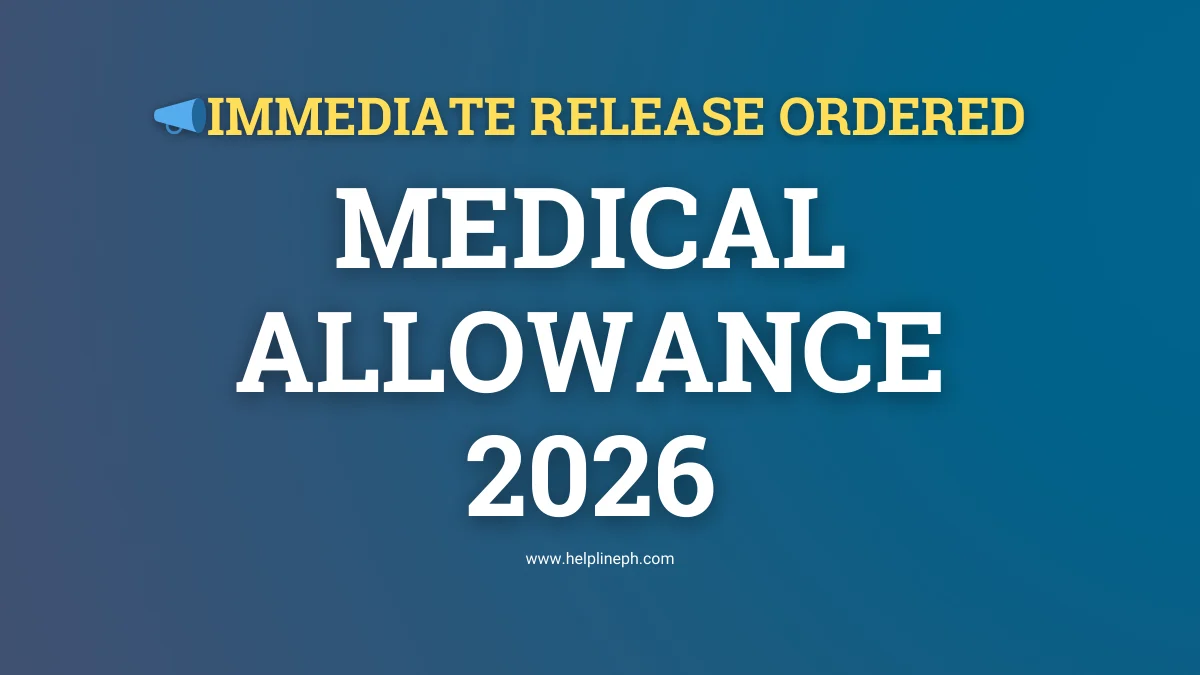In a significant educational shift, the Philippine Senate passed Senate Bill No. 2457 on July 23, 2024, which proposes to end the compulsory use of the mother tongue as the primary language of instruction from kindergarten to Grade 3. Introduced by Senators Win Gatchalian and Ramon Bong Revilla Jr., the bill aims to switch the teaching medium back to Filipino and English, aligning with the 1987 Constitution. Regional languages would then play a supporting role in education.
Senator Gatchalian, the bill’s sponsor, emphasized that using the mother tongue in teaching is not universally effective. He pointed out that it works well only in areas where all students speak the same language. According to studies he mentioned, students taught in their native language performed better in homogeneous environments, particularly in rural settings. However, the approach did not show similar benefits in diverse, multilingual classrooms.
The proposed law would not entirely eliminate the Mother Tongue-Based Multilingual Education (MTB-MLE) but would limit its application to monolingual classes under strict conditions. These include the availability of officially recognized materials such as dictionaries and textbooks in the mother tongue, as well as trained teachers who are fluent in the language.
Additionally, the Department of Education (DepEd) is tasked with creating a language mapping policy to identify and categorize students by their mother tongue accurately. This policy is aimed at facilitating the effective implementation of MTB-MLE where applicable.
Three years after the law’s implementation, the DepEd will evaluate the success of using the mother tongue in educational settings and report their findings to the President and the legislative bodies. This review will help determine the future of mother tongue instruction in Philippine schools.
This legislative change represents a pivotal moment in Philippine education, aiming to optimize learning outcomes by adapting language use in classrooms across the nation.






